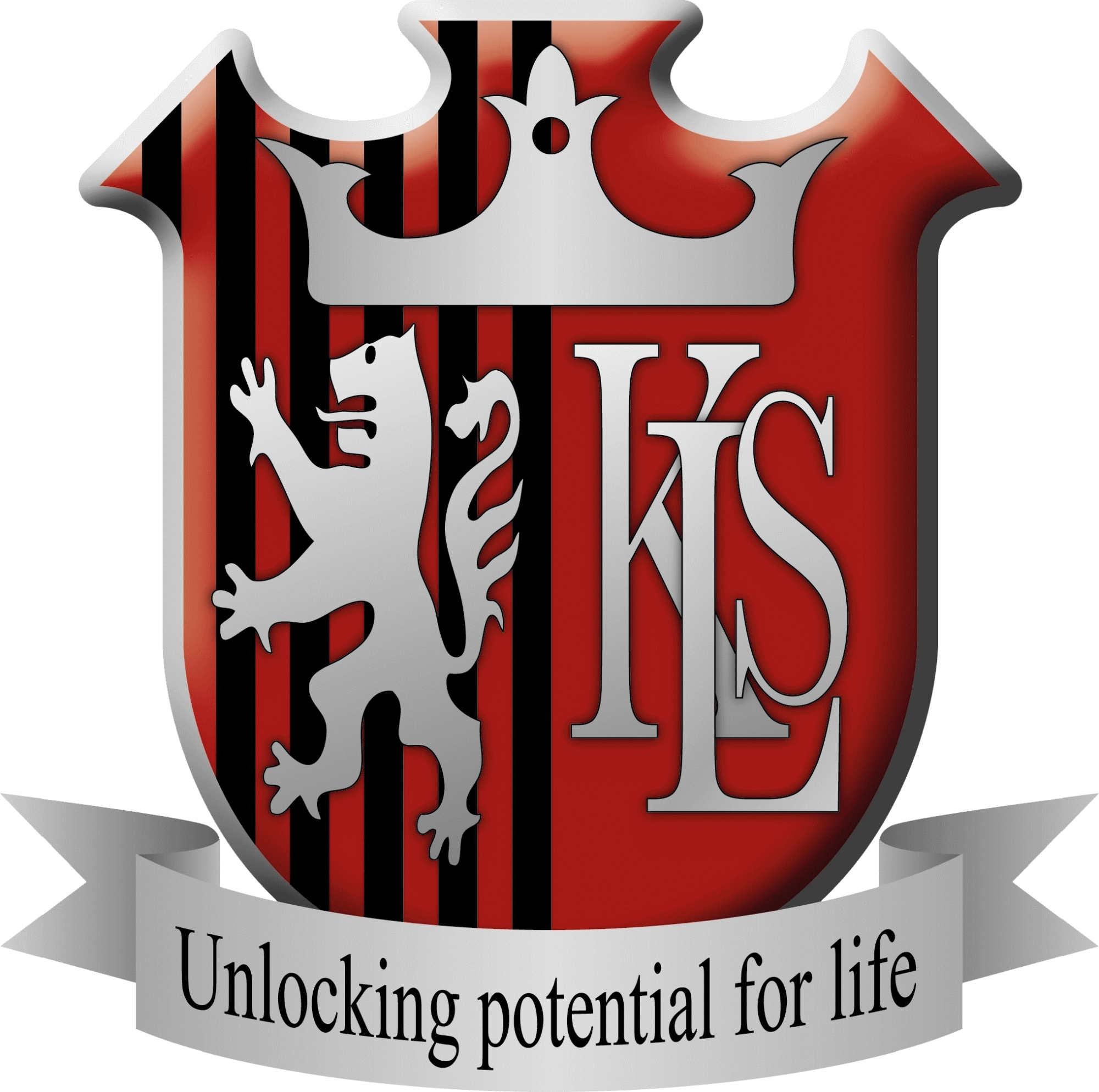Computing
“Whether you want to uncover the secrets of the universe, or you want to pursue a career in the 21st century, basic computer programming is an essential skill to learn.”
Stephen Hawking
Our vision for the curriculum is to enable students to flourish in all areas of their lives, support their development into well-rounded, empathetic beings who are able to contribute and shape society and the wider world, whilst respecting and supporting those who live in it. A high quality computing education is a fundamental part of this, as it links to mathematics, science, and design and technology, and ensures students are digitally literate, and able to express themselves in a future workplace and digital world.
In Key Stage 3, students receive explicit computer science lessons.
- In year 7, this is a part of a technology rotation. Students cover product design, food technology, textiles and computer science. Each rotation lasts nine weeks and has a double lesson per week.
- In years 8 & 9, students receive a weekly computer science lesson as a form group.
- To support the delivery of the suggested National Curriculum Key Stage 3 Subject content, some elements are additionally covered as part of our PSHE programme such as online safety and digital footprints. Our registration programme, particularly the character, and assemblies also cover aspects of this content to help reinforce them.
At Key Stage 4, students can take GCSE Computer science as part of their options’ choices.
To ensure that all students continue to develop their computing skills, students are given opportunities as part of a cross-curriculum format.
Through the PSHE programme, which year 10 receive a weekly lesson, and year 11 receive a weekly registration, students are taught:
- To develop their knowledge in digital media and information technology
- How changes in technology affect safety, including new ways to protect their online privacy and identity, and how to identify and report a range of concerns.
- Students across their GCSEs are given opportunities to:
- Develop their capability, creativity and knowledge in digital media and information technology.
- Develop and apply their analytic, problem-solving, design and computational thinking skills.

